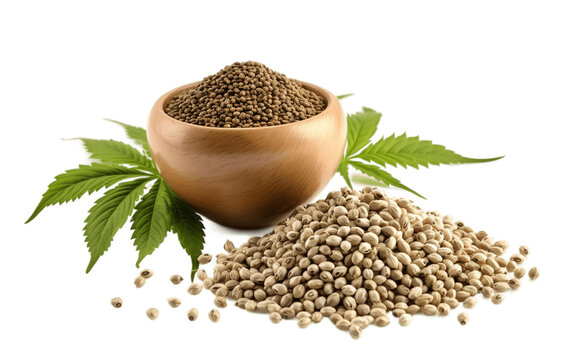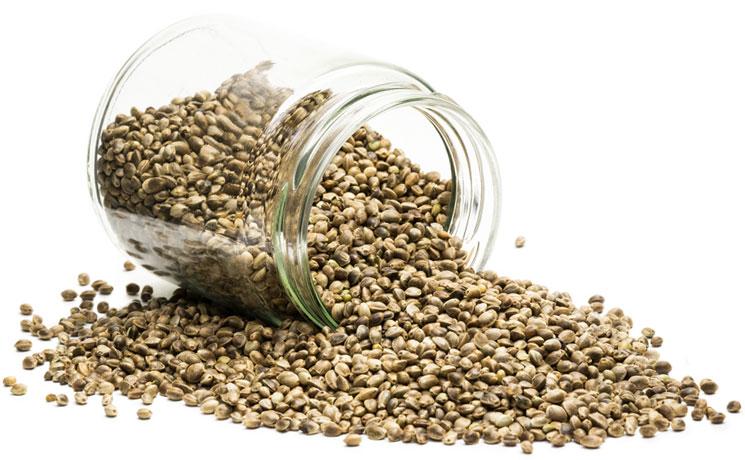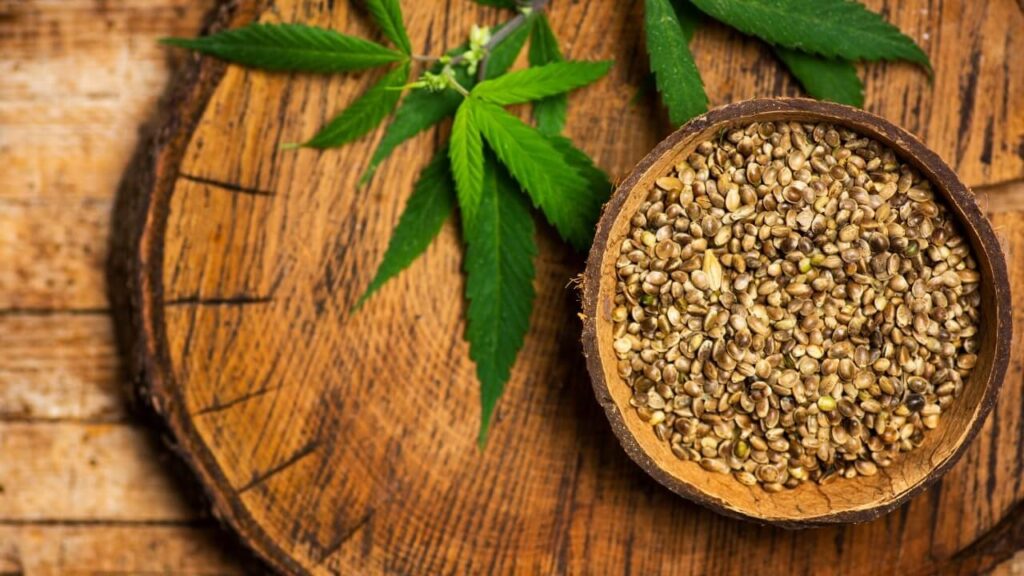Introduction
In recent years, the popularity of CBD products has surged worldwide, with Canada emerging as a significant player in the industry. As interest in CBD continues to grow, so does the importance of understanding the legal framework surrounding CBD seed regulations in Canada. In this comprehensive guide, we delve into the intricate details of CBD seed regulations, providing insights into the evolving landscape and its implications for consumers and businesses alike.

Understanding CBD Seeds in Canada: An Overview
What are CBD Seeds?
CBD, short for cannabidiol, is a naturally occurring compound found in the cannabis plant. CBD seeds, also known as hemp seeds, are specifically cultivated to produce plants with high levels of CBD and low levels of THC, the psychoactive component of cannabis. These seeds are sought after for their potential therapeutic benefits and versatility in various industries, including health, wellness, and agriculture.
The Legal Status of CBD in Canada
Since the legalization of cannabis for recreational and medical use in Canada in 2018, there has been considerable interest in CBD products. Under the Cannabis Act, CBD derived from hemp is legal for both recreational and medical purposes, provided it meets certain criteria. This includes adhering to strict regulations regarding cultivation, production, and distribution.
Navigating CBD Seed Regulations in Canada
Licensing and Compliance
In Canada, individuals and businesses seeking to cultivate CBD seeds must obtain the necessary licenses from Health Canada. These licenses outline the requirements for cultivation, including security measures, quality control protocols, and record-keeping procedures. Compliance with these regulations is essential to ensure the legal cultivation and distribution of CBD seeds within the country.
THC Content Limits
One of the key regulations governing CBD seeds in Canada is the restriction on THC content. According to Health Canada guidelines, hemp-derived CBD products must contain less than 0.3% THC on a dry weight basis. This threshold is crucial in distinguishing hemp-derived CBD from cannabis products with higher THC levels, which remain subject to stricter regulations.

Implications for Consumers and Businesses
Consumer Confidence and Safety
By establishing clear regulations for CBD seed cultivation and production, Canada aims to safeguard consumer interests and promote public safety. Consumers can have confidence in the quality and purity of CBD products knowing that they comply with rigorous regulatory standards. This not only protects consumers from potential harm but also fosters trust and credibility within the industry.
Opportunities for Innovation and Growth
Despite regulatory challenges, the legalization of CBD seeds in Canada has created significant opportunities for innovation and growth. Businesses are investing in research and development to explore new applications for CBD in areas such as pharmaceuticals, cosmetics, and food supplements. With a supportive regulatory environment, Canada is poised to become a global leader in the CBD industry.
Looking Ahead: The Future of CBD Seed Regulations
Evolving Regulatory Framework
As the CBD industry continues to evolve, so too will the regulatory framework surrounding CBD seed cultivation in Canada. Health Canada regularly reviews and updates regulations to address emerging issues and promote industry best practices. Stakeholder engagement and collaboration will be essential in shaping the future of CBD seed regulations and ensuring a fair and equitable marketplace for all.
Conclusion
In conclusion, navigating the legal landscape of CBD seed regulations in Canada requires a thorough understanding of the laws and guidelines governing cultivation, production, and distribution. By adhering to these regulations, consumers can have confidence in the safety and quality of CBD products, while businesses can seize opportunities for innovation and growth. As the industry matures, continued collaboration and compliance will be vital in shaping the future of CBD seed regulations in Canada.

